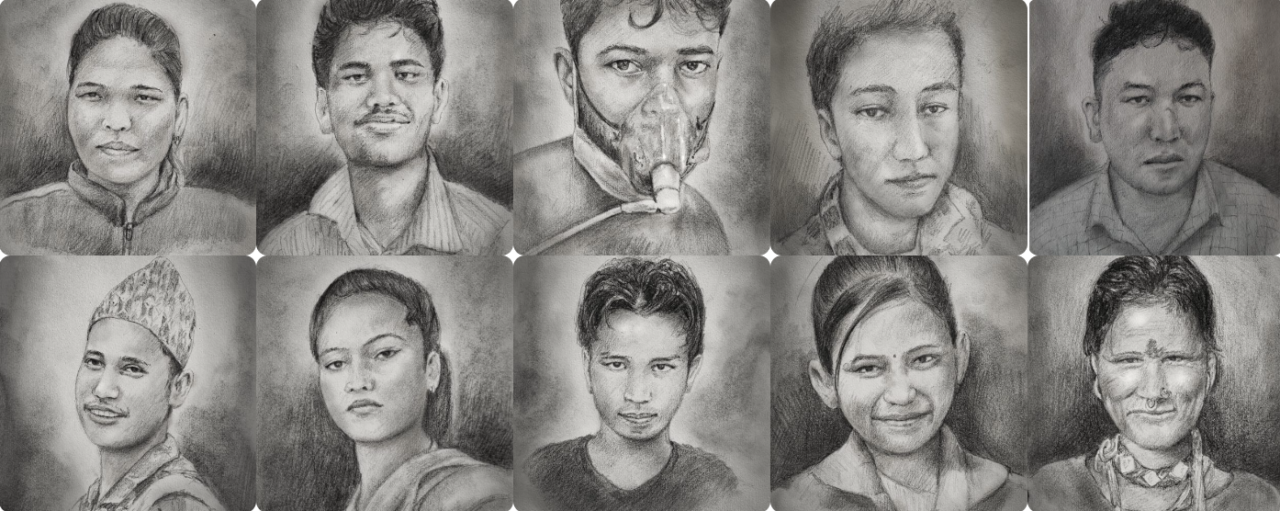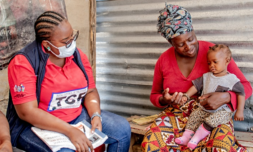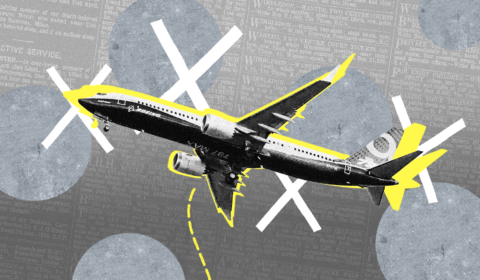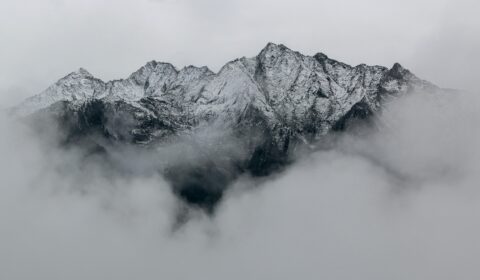With another Dalit life lost to caste killing, Bahujan lives in the state of Maharashtra remain at risk due to a discriminatory environment where neither law nor societal structures help them get justice.
16-year-old Dalit college student Sanket Bhosale was brutally assaulted by a group of 11 individuals on February 14, following an altercation with Deva, the son of a prominent Shive Shena leader Kailash Dhotre.
The attack left Bhosale with severe injuries, which he would later succumb to on February 21 while undergoing treatment at KEM Hospital. His mutilated body displayed the signs of barbarism unleashed in the name of upholding hierarchy.
The police initially registered a case under sections 367 (kidnapping to subject a person to grievous hurt, slavery, etc.) and 307 (attempt to murder) of the Indian Penal Code. As the caste-based nature of the crime became apparent, however, the accused were also booked under the Scheduled Castes and Scheduled Tribes (SC/ST) Act.
On February 22, three persons, including Kailash Dhotre, the Bhiwandi Vibhag Pramukh (section head) from Eknath Shinde’s Shiv Sena, the incumbent state government, were arrested in connection with the assault.
The other two arrested individuals were identified as Akash Jadhav and Vishal Sable. This brought the total number of arrests to six, with three others – Dinesh More, Karan Lashkar, and Chandan – having been arrested earlier.
It took police eight days to make any arrests, the delay attributed to the political connections of the accused.


Another caste killing added to an alarmingly long list
Bhosale’s tragedy is devastating but sadly not isolated. In 2023, another Dalit boy Akshay Bhalerao was lynched for the grievous ‘offence’ of celebrating Ambedkar Jayanti.
In 2021, 21-year-old Mumbaikar Akash Jadhav was fatally assaulted by four drunks, who then ensured that the Dalit delivery boy’s family was not allowed to use the common tap in their neighborhood.
During the same year, seven members of two Dalit families were thrashed by local residents on suspicion of practicing ‘black magic’ in the Chandrapur district of Maharashtra, leaving them seriously injured.
The National Crime Records Bureau recorded around 2763 violent attacks against Dalits in Maharashtra in 2022. The annual murder toll keeps rising as victims’ families await justice that rarely arrives.
Deepak Kedar of All India Panther Sena, a Dalit Rights group asserts: ‘In the past three years, we have noticed 250 killings of Dalits, including cases like Viraj Jagtap. Since the BJP came into power in Maharashtra, there have been some 700 such cases of killing, yet media coverage is lacking.’
Bhosale’s assailants enjoyed the brazen confidence that their political connections would help evade any consequences. Dominant castes often deploy their institutional control to erase evidence, manipulate case records, and delay arrests to protect their own. It took over a week after Bhosale’s death for the accused to even face charges.
This impunity further feeds the unspoken assurance to upper caste communities that violence against Dalits carries markedly less risk. It’s a dangerous message to send.
A 16 Year-old Dalit Boy, Sanket Bhosale, succumbed to his injuries on Feb 21 at Hospital after being brutally assaulted by a group of 18 individuals on Feb 14. The prime accused is Kailash Dhotre, Bhiwandi President, Shiv Sena of Eknath Shinde Bloc. pic.twitter.com/X0XVKH80M3
— Bahujan Lives Matter (@BahujanLives) February 24, 2024


















